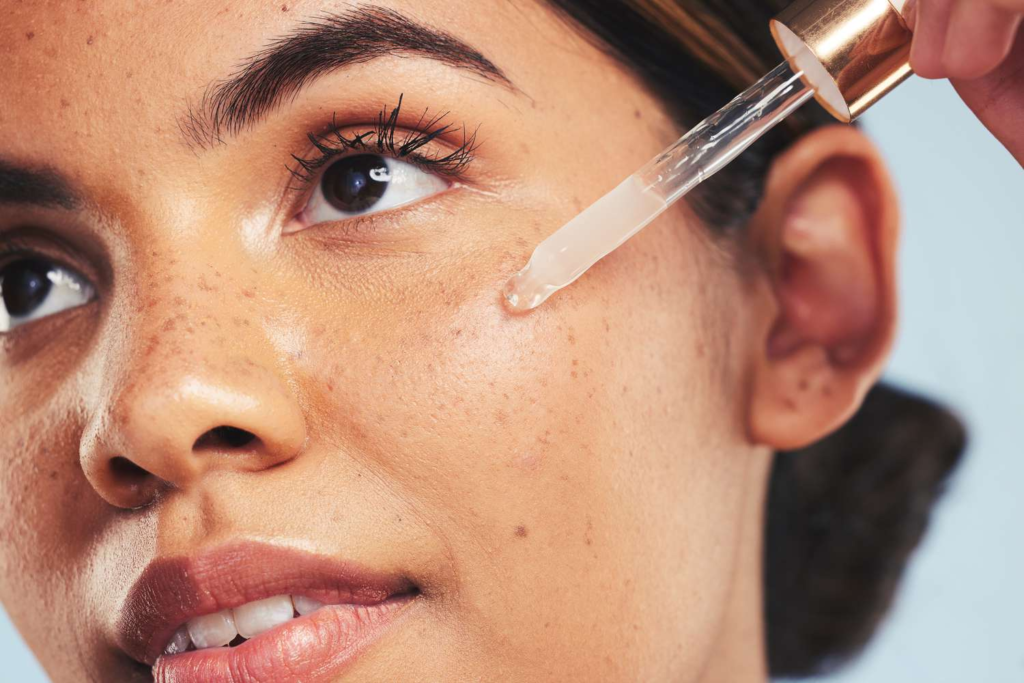With summer fast approaching, rising temperatures and humid air can wreak havoc on your skin. While sunscreen remains essential, adjusting your skincare routine with the right products is equally important to combat seasonal stress on the skin. Two powerhouse ingredients—retinol and hyaluronic acid—often dominate summer skincare discussions, but which one is right for you?
In an exclusive interview Dr. Khushboo Jha, MD, Chief Dermatologist and Founder of One Skin Clinic in Faridabad, shared expert insights on the benefits and drawbacks of both ingredients to help you make the best choice for your skin type.
Retinol: The Anti-Aging Powerhouse
A derivative of Vitamin A, retinol is well-known for its ability to boost cell turnover, smooth wrinkles, and enhance skin texture. It’s highly effective for treating acne and reducing signs of aging, but its use in summer comes with risks.
Advantages: “Retinol is a powerful collagen booster that helps minimize fine lines and wrinkles while improving skin tone and texture,” explained Dr. Jha.
Disadvantages: However, retinol increases skin sensitivity to the sun, raising the risk of irritation and sunburns. “It can lead to peeling and redness, especially in hot and humid weather,” she warned.
How to Use It Safely in Summer: Dr. Jha advised applying retinol only at night and ensuring daily use of a broad-spectrum SPF 50 sunscreen. “Start with a lower concentration to avoid irritation, and always follow up with a good moisturizer to prevent dryness,” she suggested.

Hyaluronic Acid: The Hydration Hero
Unlike retinol, hyaluronic acid (HA) focuses on moisture retention, keeping the skin plump and fresh. Its hydrating properties make it ideal for summer when heat and air conditioning can strip the skin of moisture.
Advantages: “Hyaluronic acid deeply hydrates the skin and is suitable for all skin types. It also soothes sun-exposed or sensitive skin,” said Dr. Jha.
Disadvantages: While excellent for hydration, it doesn’t offer the anti-aging benefits of retinol. Additionally, “It needs to be sealed with a moisturizer to prevent water loss,” she added.
How to Use It Safely in Summer: Apply hyaluronic acid on damp skin for maximum absorption, layering it under sunscreen and moisturizer. Dr. Jha recommended incorporating it into both morning and nighttime routines.

Which One Should You Choose?
The best choice depends on your skin’s needs.
- If hydration and skin barrier protection are your priorities, hyaluronic acid is the perfect summer-friendly option.
- If you’re targeting wrinkles or acne, retinol can still be used, but with extra precautions, including sun protection and careful application.
- “For the best results, use both—apply hyaluronic acid in the morning and retinol at night to keep your summer skin healthy and glowing,” Dr. Jha advised.
By understanding how these ingredients work, you can build a skincare routine that keeps your skin radiant and protected all summer long.
